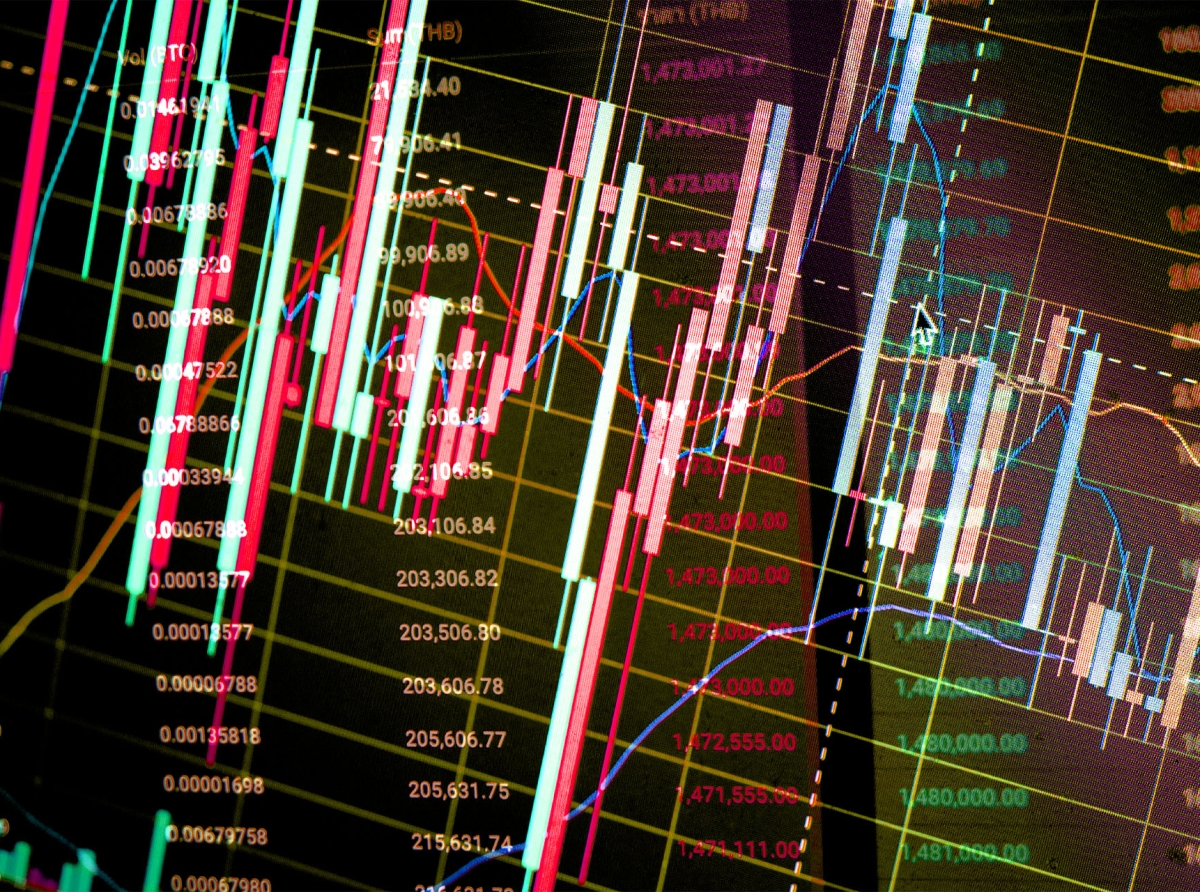
Automated and Manual Forex Signal Trading
Forex signal trading is a cornerstone in the world of foreign exchange. These signals, generated through market analysis, provide traders with actionable insights on when to buy or sell currency pairs.
With the advent of technology, traders now face a significant choice: to use automated systems that execute trades without human intervention or to rely on manual trading based on personal judgment and experience.
This decision is crucial as it can significantly impact trading outcomes.
With the advent of technology, traders now face a significant choice: to use automated systems that execute trades without human intervention or to rely on manual trading based on personal judgment and experience.
This decision is crucial as it can significantly impact trading outcomes.

Automated and Manual Forex Signal Trading
Pros of Automated Forex Signal Trading
Consistency and Lack of Emotional BiasAutomated Forex signal trading systems are designed to follow pre-set rules consistently. They eliminate human emotions from the equation, thus avoiding impulsive decisions that can lead to significant losses. This consistency ensures that strategies are executed exactly as planned without deviation.
Ability to Trade 24/7 Without Human Intervention
The global nature of the Forex market means it’s open 24 hours a day, five days a week. Automated systems can monitor and execute trades round-the-clock, ensuring opportunities are not missed due to time zone differences or the trader’s need for sleep and rest.
Cons of Automated Forex Signal Trading
Dependence on Technology and Software ReliabilityAutomated trading systems rely heavily on technology. Any malfunction or software bug can lead to severe financial losses. Moreover, these systems require constant monitoring and maintenance to ensure they operate correctly under changing market conditions.
Lack of Flexibility in Adapting to Unexpected Market Changes
While automated systems can handle routine scenarios efficiently, they may struggle with unforeseen market events. Their rigid algorithms might not adapt quickly enough to sudden shifts, leading to suboptimal decisions during volatile periods.
Pros of Manual Forex Signal Trading
Human Intuition and Experience in Decision-MakingManual trading allows traders to leverage their intuition and experience. Human traders can interpret complex market signals and adapt their strategies based on nuanced understanding—a skill that automated systems often lack.
Flexibility to Adapt to New Information or Sudden Market Shifts
Human traders can quickly adjust their strategies based on fresh information or unexpected market changes. This flexibility enables them to navigate volatile markets more effectively than rigid automated systems.
Cons of Manual Forex Signal Trading
Emotional Influence Leading to Potentially Irrational DecisionsHuman emotions such as fear, greed, and overconfidence can significantly impact trading decisions. These emotions sometimes lead traders away from logical strategies, causing irrational choices that result in financial losses.
Limited by Human Capacity, Including the Need for Rest and Downtime
Unlike machines, humans require rest and cannot monitor markets continuously. This limitation means manual traders might miss critical opportunities or fail to act promptly when fast decisions are necessary.
Benefits of Targeted Trading
Targeted trading offers several advantages over traditional Forex methods:Higher Profitability
By focusing on specific events known to cause substantial currency movement, traders can potentially achieve higher returns compared to broader market strategies that might miss these nuanced opportunities.
Reduced Risks
Contrary to following prolonged trends which can be unpredictable over time due to various intervening factors; targeted trading enables pinpointing precise moments reducing exposure duration hence minimizing risk levels associated with volatile markets.
Enhanced Decision-Making
With clear criteria defining when trades should occur based upon concrete triggers rather than speculative assumptions about overall trends; decision-making becomes more structured thereby improving accuracy rates significantly.
Conclusion
Choosing between automated and manual Forex signal trading involves weighing the trade-offs between consistency and flexibility, efficiency and emotional control. Automated systems offer reliability and round-the-clock operation but lack adaptability during unexpected events. Conversely, manual trading allows for nuanced decision-making but suffers from emotional biases and human limitations. Understanding these pros and cons will help traders select the approach that best aligns with their goals and risk tolerance.
Forex trading, Automated trading, Manual trading, Trading strategies, Financial markets
Choosing between automated and manual Forex signal trading involves weighing the trade-offs between consistency and flexibility, efficiency and emotional control. Automated systems offer reliability and round-the-clock operation but lack adaptability during unexpected events. Conversely, manual trading allows for nuanced decision-making but suffers from emotional biases and human limitations. Understanding these pros and cons will help traders select the approach that best aligns with their goals and risk tolerance.
Forex trading, Automated trading, Manual trading, Trading strategies, Financial markets









Report
My comments